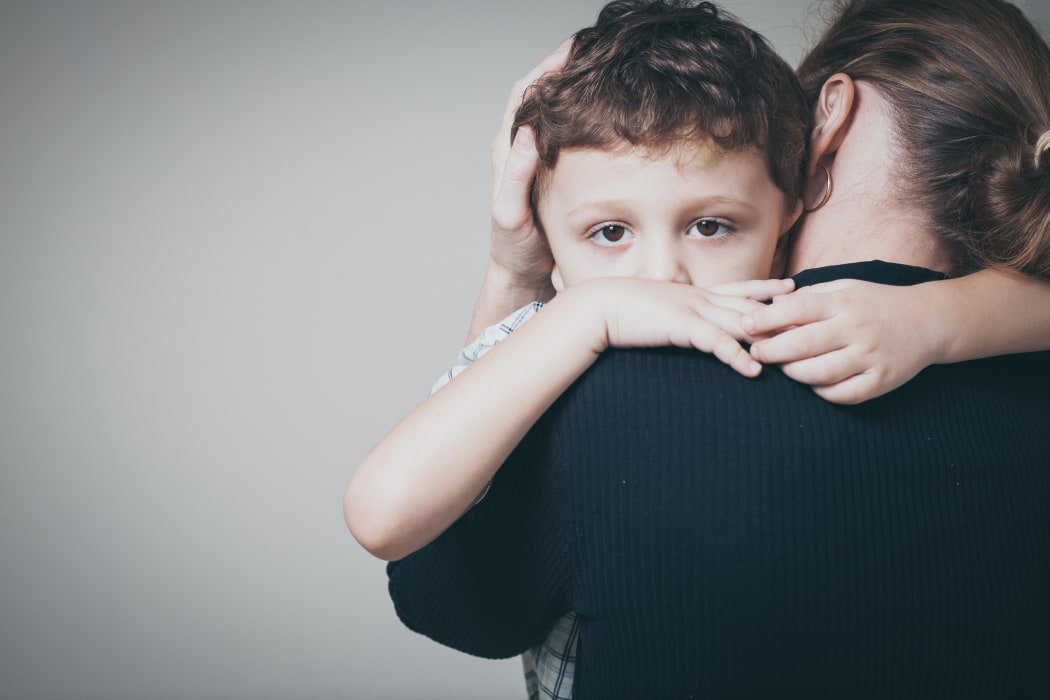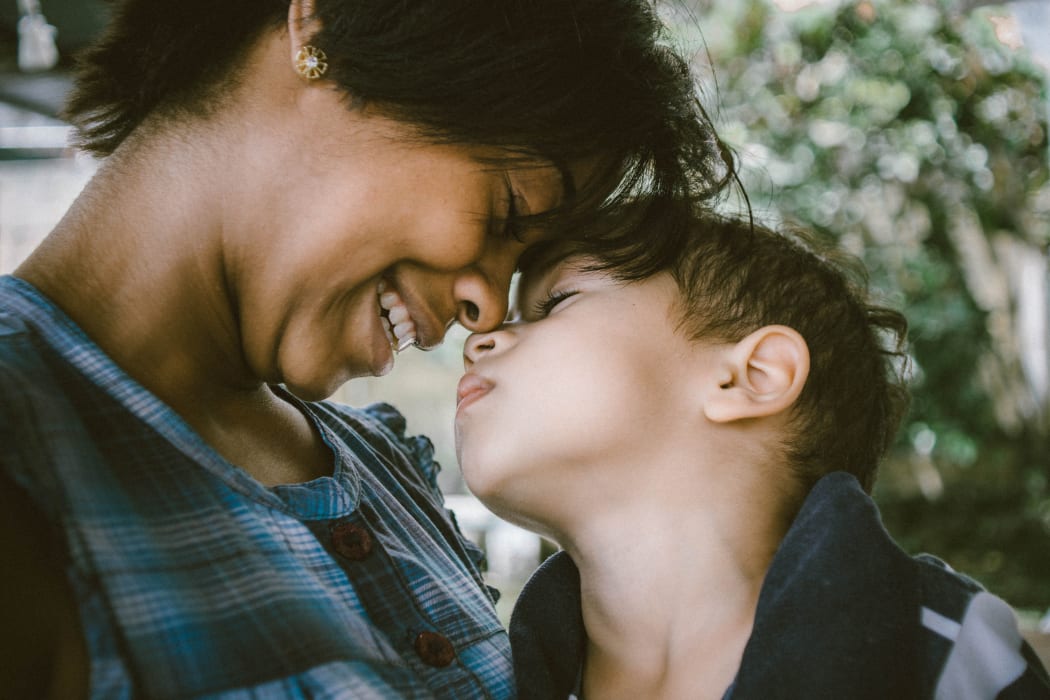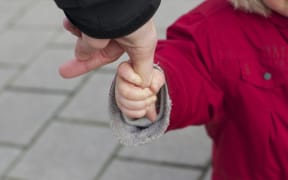Children who sacrifice their own emotional needs to support a parent can end up struggling with identity and intimacy as adults, says psychologist Sarb Johal.

Photo: 123RF
When a child is required to sacrifice their own needs for attention, comfort and guidance for the sake of a parent's emotions, Johal calls this 'parentification'.
Kids meeting their parents' logistical needs – such as helping to cook, paying bills, shopping and caring for other siblings – he describes as 'instrumental parentification'.
This isn't damaging as long as the child is getting support and participating in whatever age-appropriate activities they're into, he says.
It can even give kids a sense of accomplishment.
The real damage, Johal says, comes from 'emotional parentification' – when a child is expected to gauge and respond to a parent's emotional needs.
Children called on to act as confidants or crisis managers can carry a lot of guilt about failing to meet these needs, he says.
This experience can also interfere with their ability to form strong relationships into adulthood, especially with peers.
"Children can feel very fulfilled in that role, but the detriment is they're not having the time to create and explore and understand how to create those relationships with people of their own age group."

Photo: 123RF
Children who were 'emotionally parentified' can become adults who are anxious about abandonment and loss and find it difficult to deal with disappointment and rejection, Johal says.
In intimate relationships, they often naturally assume a caring role which eventually becomes burdensome.
"They flick in and out of being caring and feeling quite resentful of having this put upon them."
These adults tend to be controlling in their relationships because they don't trust other people to sort things out, he says.
"They'll say I had to do this as a child, I had to sort everything out."
A relationship of equality is a mystery to them, he says.
"I'm used to stepping up and sorting things out so that's how I'm going to be in my relationship, too – even if it's not asked for or required."
If this was your experience, it's a good start to simply realise you have a strong template to be a caregiver in a relationship, Johal says.
Keep an eye on the kind of relationships you're drawn towards or get into.
Be aware that empathetic people can easily be exploited in relationships as they often unconsciously prioritise their partner's needs over their own.
Learn how to identify your own emotional needs and get them met.

Photo: Bruno Nascimento / Unsplash
Also be aware that a tendency to lean too hard on your child is frequently transmitted through generations, he says.
While it's wonderful to be close to your own child, a 'best friends' type relationship can indicate too much emotional dependence.
If that is your situation, think hard about what you are seeking from that relationship and how and where else you can get emotional support, Johal says.
Listen to Sarb Johal discuss 'parentification' of children and, at the other end of the lifespan, adult children caring for older parents.
Find more interviews about navigating family life on It Takes A Village
What kind of parent are you?
What influence does parenting style have on child well-being and outcomes? Kathryn Ryan talks to clinical psychologist Sarb Johal about parenting styles, which roughly fall into four categories… Audio


